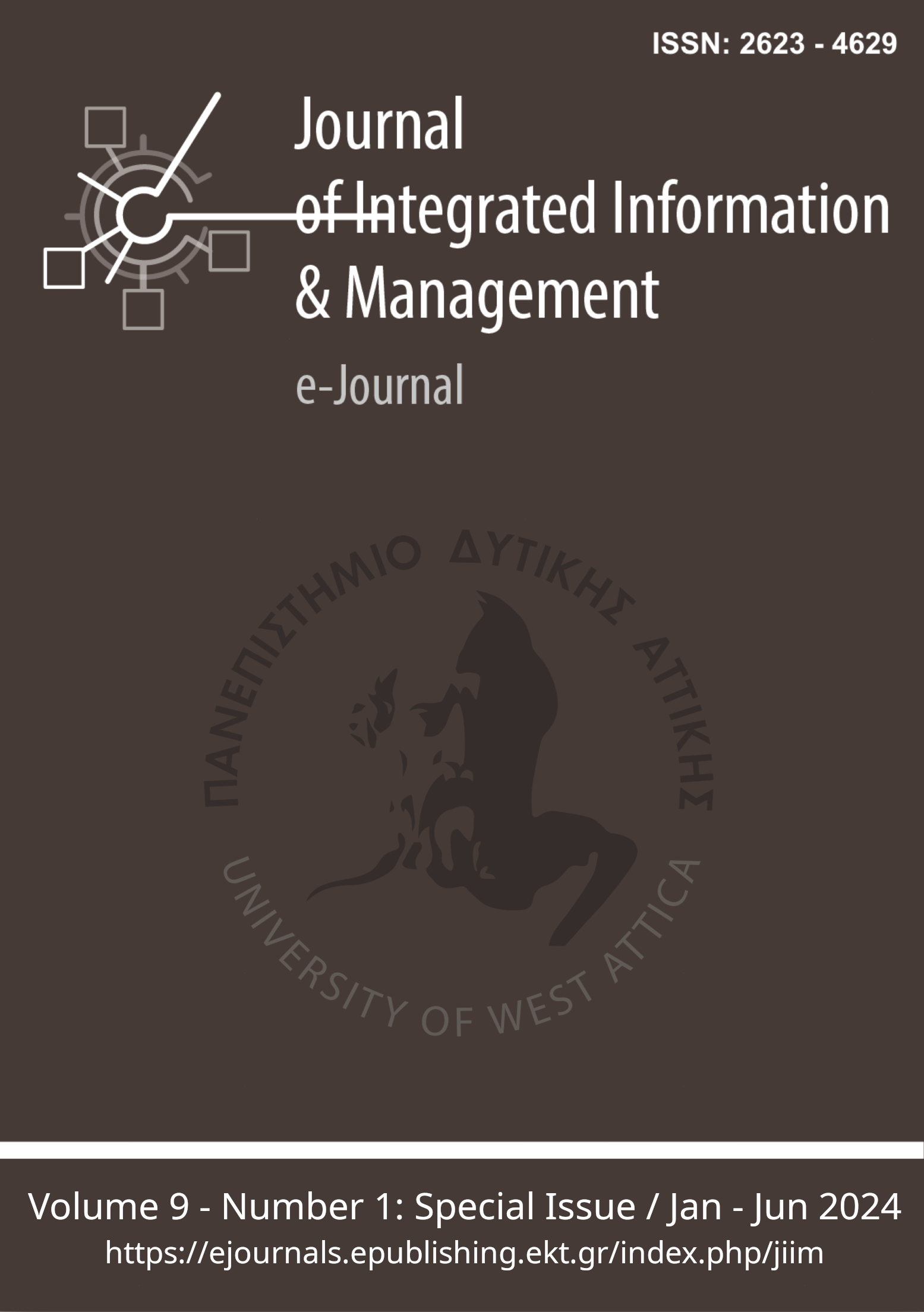Special issue editorial message
Abstract
The current special issue publishes research papers that explore the convergence of information technologies, data management, and digital storytelling in the context of cultural heritage tours and trails. The rapid advancement of digital technologies has transformed the way we preserve, interpret, and engage with cultural heritage. This issue highlights innovative approaches and case studies that exemplify how these technologies can enhance our understanding and appreciation of cultural heritage.
Together, the six research papers included offer a comprehensive examination of the multifaceted impacts of digital technologies on cultural heritage management and engagement. They provide an in-depth analysis of current methodologies and innovations, addressing both theoretical and practical dimensions. These studies highlight the potential of integrating digital storytelling, data management, and interactive applications to create immersive and accessible heritage experiences. By presenting diverse case studies and approaches, this special issue aims to deepen our understanding of how digital tools can be leveraged to preserve, interpret, and promote cultural heritage across various contexts.
Article Details
- How to Cite
-
Antoniou, A., Chrysanthopoulos, C., & Efthymiou, F. (2024). Special issue editorial message. Journal of Integrated Information Management, 9(1), 5–6. Retrieved from https://ejournals.epublishing.ekt.gr/index.php/jiim/article/view/38589
- Section
- Editorial

This work is licensed under a Creative Commons Attribution-NonCommercial 4.0 International License.
Copyright Notice
Authors who publish with JIIM agree to the following terms:
- Authors retain copyright and grant the journal right of first publication with the work simultaneously licensed under a Creative Commons Attribution Non-Commercial License that allows others to share the work with:
- An acknowledgment of the work's authorship and initial publication in this journal.
- Authors are permitted and encouraged to post their work online (preferably in institutional repositories or on their website) prior to and during the submission process, as it can lead to productive exchanges, as well as earlier and greater citation of published work.






